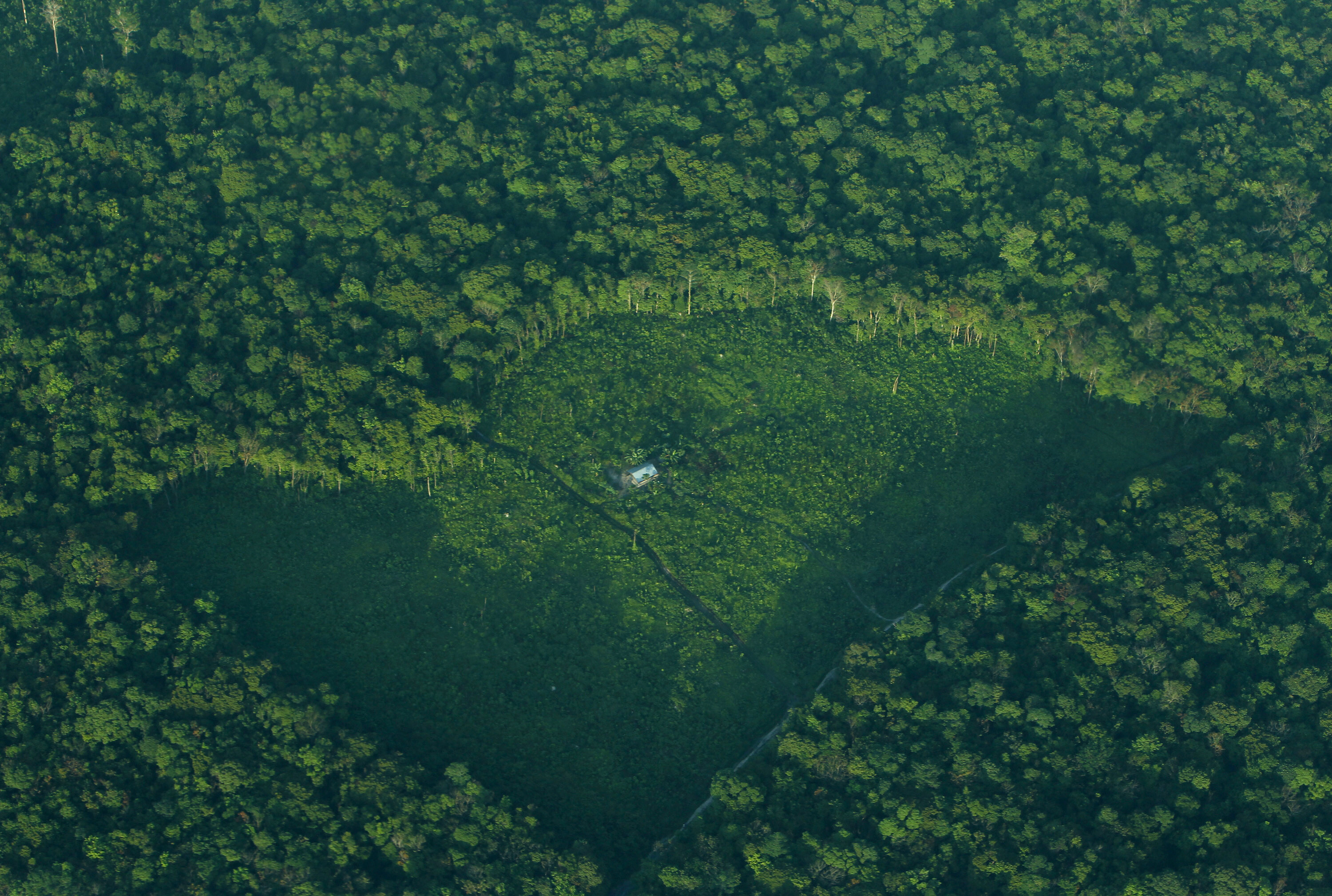António Guterres has landed 'the most impossible job on earth’. So what does the head of the UN actually do?

Antonio Guterres will oversee oversees a staff of around 44,000 and a multi-billion dollar budget Image: REUTERS/Denis Balibouse/File photo
António Guterres has been chosen as the next Secretary-General of the United Nations. The former Portuguese Prime Minister and head of the UNHCR refugee agency was formally announced on 6 October, after months of speculation.
Mr Guterres was Prime Minister of Portugal from 1995-2002. More recently, he was the UN High Commissioner for Refugees - a position he held for 10 years.
Have you read?
He will take over from the current UN Secretary-General Ban Ki-moon, who is stepping down at the end of 2016 after two five-year terms.
What does the head of the UN do?
The first Secretary-General, Trygve Lie, reportedly greeted his Swedish successor in 1953 with the words: “Welcome, Dag Hammarskjöld, to the most impossible job on this earth.”
The Secretary-General is expected to be both the organization’s “top diplomat” and its “chief administrative officer”. At once an independent symbolic figure, representing the interests of the world’s people, and a public servant.
As the UN’s website puts it: “Equal parts diplomat and advocate, civil servant and CEO”.
It states: “The Secretary-General would fail if he did not take careful account of the concerns of Member States, but he must also uphold the values and moral authority of the United Nations, and speak and act for peace, even at the risk, from time to time, of challenging or disagreeing with those same Member States.”
Little wonder then that the person in the post is sometimes treated as “an errand boy and punching bag”.
Day-to-day duties include attending sessions held by UN bodies, speaking to world leaders and government officials and serving as a moderator when conflict arises and travelling the globe to stay on top of the vast number of issues on the UN’s agenda.
Secretaries-General have acted as both mediators and lobbyists. Kofi Annan, who served two terms from 1997 to 2006, won the Nobel Peace Prize with the UN in 2001, while Ban Ki-moon has called on the world to do more to tackle gender inequality.
Welcome to the 'family'
In early 1946, the UN's fledgling Secretariat was staffed by just 300 people. Today, as head of the Secretariat, the Secretary-General oversees a staff of around 44,000 and a multi-billion dollar budget.
The Secretariat is responsible for the day-to-day running of the UN and helps to administer the programs and policies of the organization's other main organs – the General Assembly, the Security Council, the Economic and Social Council, the International Court of Justice and the Trusteeship Council.
As this diagram shows, the system, known as the "UN family", is made up of the UN itself and dozens of affiliated programs, funds and specialized agencies, all with their own membership, leadership and budget.

Don't miss any update on this topic
Create a free account and access your personalized content collection with our latest publications and analyses.
License and Republishing
World Economic Forum articles may be republished in accordance with the Creative Commons Attribution-NonCommercial-NoDerivatives 4.0 International Public License, and in accordance with our Terms of Use.
The views expressed in this article are those of the author alone and not the World Economic Forum.
Stay up to date:
Global Governance
Forum Stories newsletter
Bringing you weekly curated insights and analysis on the global issues that matter.
More on Global CooperationSee all
Sebastian Buckup and Maximilian Martin
November 13, 2025






